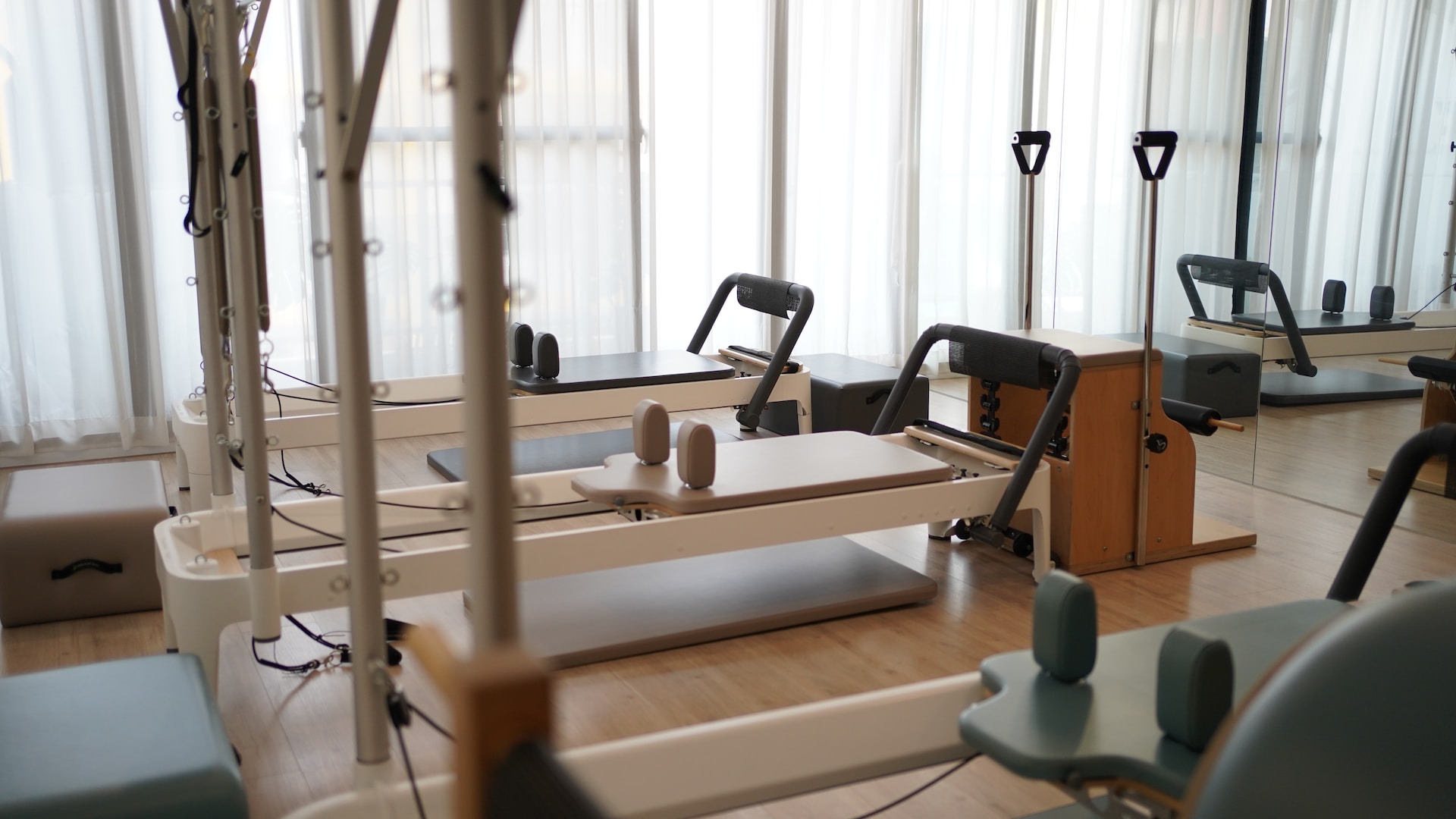Health
Pilates for Seniors: Building Core Strength

As we age, the importance of maintaining our physical fitness becomes increasingly apparent. But, let’s face it, the idea of pumping iron at the gym or running a marathon may seem a bit daunting, not to mention, unnecessary. Enter Pilates, a gentle yet effective form of exercise that focuses on building core strength, flexibility, and overall body awareness. It’s never too late to start, and for seniors, Pilates could be the golden ticket to staying fit, healthy, and vibrant.
Pilates, named after its creator Joseph Pilates, is a low-impact exercise designed to strengthen muscles, improve postural alignment, and enhance flexibility. It’s like the Clark Kent of the exercise world – mild-mannered on the outside but a superpower of strength and stability on the inside. And the best part? It’s suitable for everyone, regardless of age or fitness level.
Now, you might be thinking, “Sure, but why would I, as a senior, specifically benefit from Pilates?” Good question! Let’s dive in.
Core
First off, Pilates is all about the core. And no, we’re not just talking about getting a six-pack (though that would be a nice bonus). The core is the powerhouse of your body. It’s the central link that connects your upper and lower body, keeping you upright, balanced, and moving efficiently. As we age, our core muscles naturally weaken, which can lead to a host of issues like back pain, poor balance, and even increased risk of falls. Pilates exercises can help strengthen these essential muscles, improving your stability and overall body strength.
Joint health
Pilates is also a champion of joint health. Unlike high-impact exercises that can be hard on your joints, Pilates involves smooth, controlled movements that minimize the risk of injury. This form of exercise promotes flexibility and mobility, both of which are crucial for everyday tasks like bending to tie your shoes or reaching for that top shelf in the kitchen.
Physical benefits
But Pilates isn’t just about the physical benefits. It’s a mindful form of exercise that requires concentration and focus. This focus on breath and precise movements can have a positive impact on your mental wellness. It can help reduce stress, increase relaxation, and even improve your sleep.
Workouts
Now, let’s get practical. What does a typical Pilates workout for seniors look like? Well, it could involve a mix of mat exercises and equipment-based workouts. You might start with some gentle warm-up exercises to get your body moving, followed by a series of core-focused exercises like the ‘hundred’, ‘rolling like a ball’, or ‘leg circles’. Don’t worry if these names sound like secret codes. They’re just fun names for simple moves that your Pilates instructor will guide you through.
What’s great about Pilates is that it can be modified to suit your individual needs. If you’re a beginner or have certain physical limitations, your instructor can adjust the exercises accordingly. Remember, Pilates is not a competition. It’s all about listening to your body and moving at your own pace.
And just to sweeten the deal, Pilates can be a social activity too. Joining a Pilates class is a great way to meet like-minded individuals who are also on their fitness journey. Who knows, you might even find your new best friend!
So, if you’re a senior looking to stay fit, healthy, and positive, why not give Pilates a try? It’s a fantastic way to build core strength, improve flexibility, and enhance your mental wellness. Plus, it’s just plain fun! Remember, age is just a number. It’s never too late to start your fitness journey and feel great in your golden years.
So, grab your mat and let’s get those bodies moving. Because in Pilates, and in life, it’s all about the balance. It’s about finding the strength within you to rise, shine, and seize the day, every day. After all, isn’t that what being fit with age is all about?
